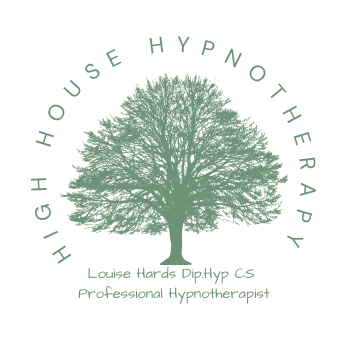Hypnotherapy for Stress and Anxiety

It is crucial for us to take a moment and reflect on our mental wellbeing and the factors that influence it.
Anxiety is a common emotion that we have all experienced, but when it becomes overwhelming and persistent, it can develop into an anxiety disorder, significantly impacting our quality of life.

In the United Kingdom, more than 8 million individuals are affected by anxiety disorders, which come in various forms such as obsessive-compulsive disorder (OCD), post-traumatic stress disorder (PTSD), generalised anxiety disorder (GAD), phobias, and separation anxiety. It is crucial to understand the distinctions between these types of anxiety and engage in open and honest conversations about them.
Unfortunately, services providing counselling and cognitive-behavioural therapy (CBT) through the NHS are currently overwhelmed, resulting in limited access to these effective treatments. Many individuals with anxiety disorders are prescribed anti-anxiety or antidepressant medications as a first-line treatment due to long waiting times for talk therapies. This is why it is vital for us to learn practical steps to better manage our mental health.
The first step is to become comfortable with acknowledging and discussing our inner experiences. Everyone experiences anxiety and periods of low mood. Instead of resisting these negative feelings, we should take a moment to understand what they are trying to communicate to us. Often, we will realize that we have allowed a particular situation to escalate or that pressure has built up, and there are concrete steps we can take to improve our well-being.
Making a commitment to self-care is essential. Self-care goes beyond indulging in Instagram-worthy bubble baths and 'me time'. It involves taking care of ourselves by maintaining social support, seeking different perspectives by talking to others, nourishing our bodies with healthy food, ensuring adequate sleep and exercise, tackling tasks we have been avoiding, and releasing the stress associated with them. When we prioritize ourselves and dedicate time and attention to our well-being, we enhance our resilience and ability to manage stress.

However, there may be times when we are doing everything 'right' and still find ourselves struggling with our mental health. Talking therapies have been proven effective in treating anxiety, stress, and depression. It is crucial to find a therapist with whom we connect and feel comfortable, someone who is knowledgeable about evidence-based treatments for anxiety disorders.
One form of therapy that can be particularly beneficial is hypnotherapy.
A qualified clinical hypnotherapist can help individuals gain a better understanding of anxiety and transform their relationship with anxious thoughts and feelings. Hypnotherapy can empower people to feel more confident and at ease with situations that were previously challenging for them.
Typically, the hypnotherapist guides the client into a deep state of relaxation, allowing them to be more receptive to suggestions and explore their subconscious mind. This process can help identify the root causes of anxiety, reframe negative thought patterns, and develop positive coping mechanisms.
By seeking professional support, individuals can learn to manage their anxiety more effectively and regain control over their thoughts and emotions. It is important to remember that anxiety is a treatable condition, and no one has to suffer alone. With the right support, it is possible to live a fulfilling and enjoyable life, free from the limitations of anxiety. So, take the first step towards better mental health today and reach out for the help and support you need.




